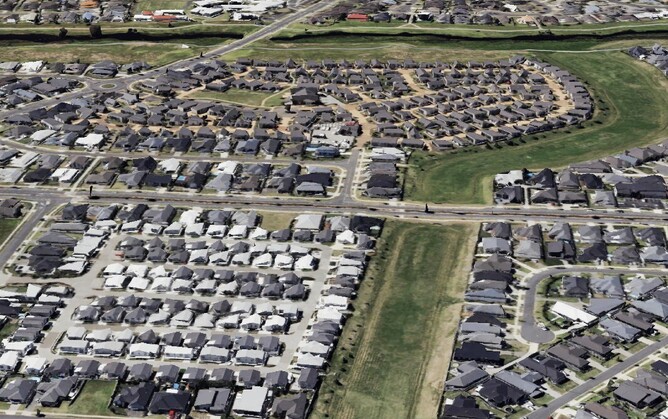Types of Housing Tenure in New Zealand: Freehold, Leasehold, Unit Title, Cross Lease, Site Rent, and License to Occupy
In New Zealand, housing tenure refers not only to whether someone owns or rents a property but also to the legal structure under which property is held or occupied. Each tenure type comes with different legal rights, responsibilities, and financial implications. The most common forms include freehold, leasehold, unit title, cross lease, site rent, and license to occupy.
1. Freehold
Freehold (or “fee simple”) is the most straightforward and desirable type of tenure. It gives the owner full legal ownership of both the land and any buildings on it. Freehold properties offer long-term security and control, although the owner is solely responsible for maintenance, rates, and compliance with local regulations.
2. Leasehold
In a leasehold arrangement, the purchaser owns the dwelling but not the land it stands on. Instead, they lease the land from a landowner for a fixed period—often 21, 50, or 99 years—while paying regular lease payments. Leasehold properties typically have lower purchase prices, but rising lease payments and uncertainty over lease renewals can reduce their appeal over time.
3. Unit Title
Common in apartments and townhouses, unit titles give you ownership of an individual unit and shared ownership of common spaces like hallways, gardens, and driveways. A body corporate manages the shared areas, and owners pay regular levies for upkeep and insurance. While unit titles offer convenience and lower maintenance, owners must abide by body corporate rules and should be aware of potential costs associated with long-term maintenance.
4. Cross Lease
A cross lease involves multiple dwellings on a single freehold title. Each owner holds a share in the freehold title and leases their unit from the other co-owners, usually on a 999-year lease. Owners share responsibility for the land and may need mutual consent for alterations, which can create complications. Cross lease properties are common in older suburbs but can be less attractive to buyers due to legal complexities and restrictions.
5. Site Rent
Site rent is a common tenure for tiny homes, relocatable houses, and park homes. The occupant owns the dwelling but rents the land (the “site”) it sits on. This model offers flexibility and lower upfront costs but typically lacks the security and long-term investment benefits of owning land. Site agreements can vary widely, so it’s important to have clear contracts regarding duration, rent increases, and site services.
6. License to Occupy
A License to Occupy (LTO) is a common tenure in retirement villages. Under this arrangement, you pay an upfront capital sum (similar to purchasing a unit), but you don’t own the property or the land. Instead, you hold a license that grants you the right to live in the unit for life or until you leave. The village operator retains ownership and usually charges ongoing fees for services and maintenance. While LTOs offer security and a community setting, they don’t provide capital gains, and exit fees often apply.
Conclusion
New Zealand’s housing tenure system is diverse, offering different pathways to home occupation and ownership. Whether opting for freehold security, the affordability of leasehold, the convenience of a unit title, the flexibility of site rent, or a license to occupy in a retirement setting, it’s essential to understand the rights, responsibilities, and long-term implications of each tenure type before making a decision.

